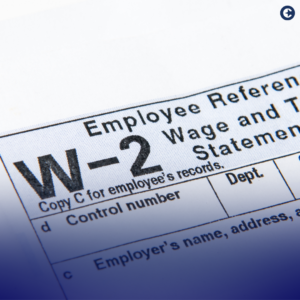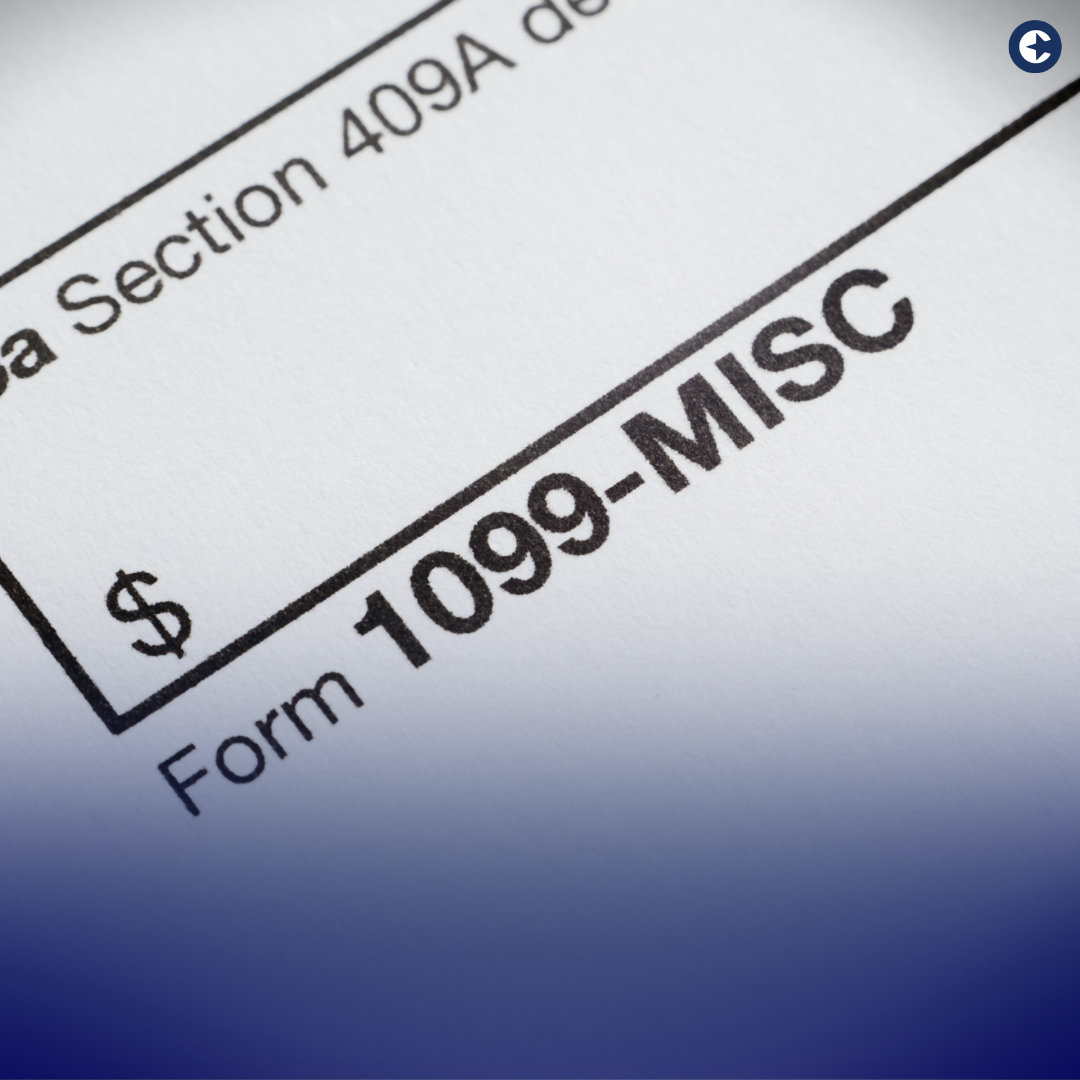Are you trading control for security, or vice versa, in your job? The way you’re paid, be it through a 1099 or a W2 form, is not just a tax technicality – it’s a fundamental part of your working identity. In this blog, we’ll decipher the key differences between these two forms, shedding light on how they impact your work life beyond just income.

1099 vs W2: Understanding the Basics
- Nature of Relationship: A W2 form is used by employers for their employees, indicating a more stable, long-term relationship. It suggests a certain level of control by the employer over the employee. In contrast, a 1099 form is used for independent contractors, symbolizing a more flexible, project-based relationship. This implies greater freedom for the contractor but less job security.
- Tax Implications: W2 employees have taxes withheld from their paychecks, covering federal, state, and other taxes. On the other hand, 1099 contractors are responsible for paying their taxes, often leading to a larger tax bill if not planned properly.
- Benefits and Protections: W2 employees typically receive benefits like healthcare, retirement plans, and paid leave. They are also covered by labor laws, including minimum wage and overtime protections. Conversely, 1099 contractors generally do not receive these benefits and protections, which can be both a risk and an opportunity.
The Impact on Your Work Life
- Flexibility vs Stability: As a W2 employee, you might enjoy the stability of a regular paycheck and benefits, but with less flexibility in your work schedule. 1099 contractors often have the freedom to set their schedules and choose their projects, but this comes with the uncertainty of irregular income.
- Career Growth: W2 employment can offer more opportunities for training and career advancement within a company. For 1099 contractors, career growth is self-directed, which can be empowering but requires more self-motivation and networking.
- Financial Planning: 1099 contractors need to be more proactive in their financial planning, setting aside money for taxes and retirement. W2 employees generally have these aspects managed by their employer, simplifying personal finance.
Conclusion: Your paycheck is more than just a number; it’s a reflection of your working relationship and lifestyle. Whether you’re a W2 employee or a 1099 contractor, understanding these distinctions is crucial for making informed career and financial decisions. Both paths offer unique advantages and challenges, and the right choice depends on your personal goals and working style.



